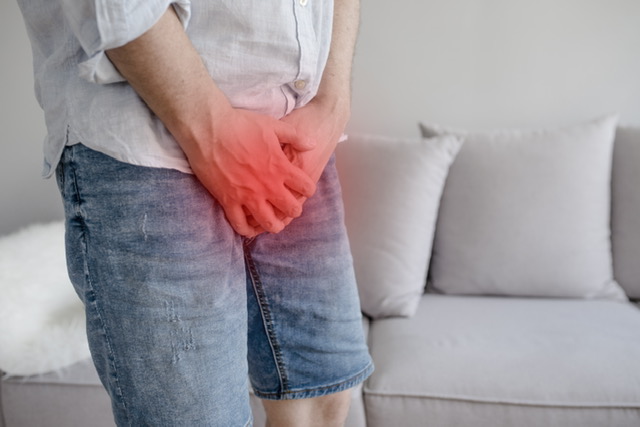11 Nov Myths Post Robotic Prostate Surgery
Demystifying Recovery from Robotic Prostate Surgery: Insights from a Pelvic Floor Physiotherapist Facing robotic prostate surgery raises understandable concerns about potential challenges like incontinence and erectile dysfunction. As a pelvic floor physiotherapist, I’m here to debunk common myths, present the latest evidence, and underscore the critical...






